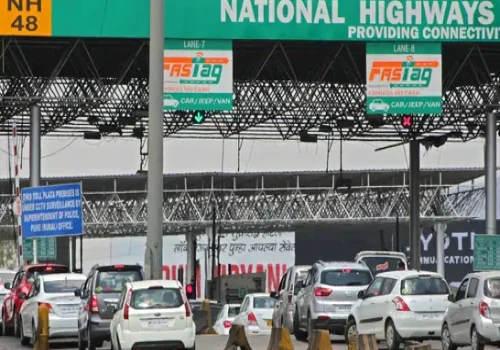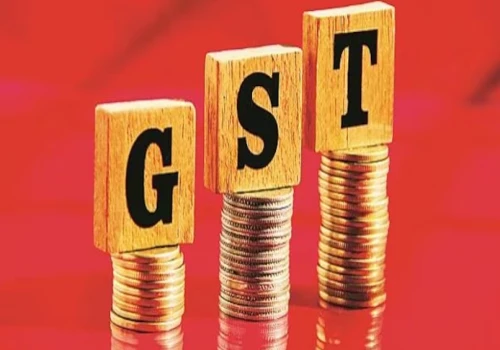
The New Unified Pension Scheme (UPS)
The Indian government has approved a new pension plan called the Unified Pension Scheme (UPS), which will start on April 1, 2025. This new plan is set to bring big changes to the way government employees receive their pensions.
Key Features of the Unified Pension Scheme (UPS)
- Guaranteed Pension: The UPS promises a pension that is 50% of the average basic pay from the last year of work before retirement. This is to ensure that retirees have a steady income after they stop working.
- Minimum Pension: The scheme guarantees a minimum pension of Rs 10,000 per month. This means no retiree will get less than this amount, regardless of their salary before retirement.
- Protection Against Inflation: The pension amount will be adjusted based on changes in the cost of living, using the All India Consumer Price Index for Industrial Workers (AICPI-IW). This helps protect the purchasing power of retirees as prices rise over time.
Why Introduce the UPS?
The UPS is being introduced because many government employees were unhappy with the New Pension Scheme (NPS), and some states have even gone back to the older pension model called the Old Pension Scheme (OPS). The UPS aims to combine the best parts of both the OPS and the NPS.
Overview of Pension Schemes
Here is a simple explanation of the three pension schemes: OPS, NPS, and UPS.
Old Pension Scheme (OPS)
- Fixed Pension: Under OPS, retirees receive 50% of their last drawn salary as a pension.
- No Employee Contribution: Employees did not have to contribute from their salaries to get a pension.
- Family Pension: If the retiree passes away, their family continues to receive the pension.
- Gratuity: Employees are eligible for a lump-sum payment (gratuity) of up to Rs 20 lakh upon retirement.
- Adjustments for Inflation: Pension amounts are adjusted based on inflation, similar to current employees’ Dearness Allowance (DA).
- Financial Challenges: The OPS was considered financially unsustainable due to longer life expectancies and rising costs, leading to increased financial burdens on the government.
National Pension System (NPS)
- Market-Linked Returns: The pension amount depends on the total savings and investment returns, which means the pension is not guaranteed and can vary.
- Employee Contribution: Employees contribute 10% of their salary, matched by the government’s contribution, which was increased to 14% in 2019.
- Investment Options: Employees can choose from different investment options, from low-risk to high-risk.
- Tax Benefits: Contributions up to Rs 1.5 lakh are tax-deductible, but withdrawals and pension payments are taxed.
- No Inflation Adjustment: Unlike OPS, NPS does not automatically adjust for inflation, making pensions less predictable.
Unified Pension Scheme (UPS)
- Assured Pension: The UPS offers a guaranteed pension of 50% of the average basic salary from the last 12 months before retirement for those with at least 25 years of service.
- Family Pension: The family of a deceased retiree receives 60% of the retiree’s pension amount.
- Minimum Pension Guarantee: All retirees with at least 10 years of service will receive a minimum pension of Rs 10,000 per month.
- Inflation Protection: Pension amounts are adjusted according to inflation, similar to the OPS.
Is UPS Better Than OPS and NPS?
The UPS combines the best features of both OPS and NPS. It offers guaranteed pensions like OPS, but also provides the option for personal contributions similar to NPS. The UPS aims to provide better financial security for retirees, protecting against inflation and ensuring predictable income.
The government plans to allow employees currently under NPS to switch to UPS, giving them a more secure and predictable retirement option.




 (1)_500_x_350.webp)





